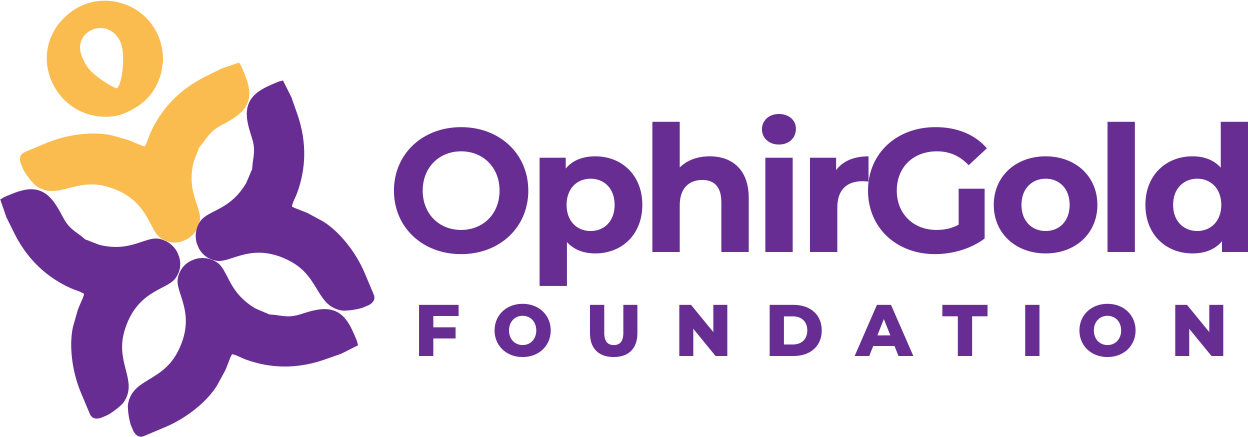Types of Interviews: What Job Seekers Need to Know
Understanding the different types of job interviews is essential for effective preparation. Interviews vary in format, each
requiring distinct strategies to present yourself confidently and professionally. This document explores the most common
interview types, highlighting key approaches to succeed in each.
From traditional one-on-one meetings to group and panel formats, as well as specialized behavioral and technical
interviews, this guide breaks down what you can expect and how to tailor your preparation accordingly. Equipped with this
knowledge, you can approach interviews with greater confidence and increase your chances of success.
by
Ruth Ohis
Traditional One-on-One
Interviews
This classic interview type involves a direct meeting between you and a
hiring manager or HR representative. It is the most common format and
usually focuses on discussing your qualifications, experience, and fit for
the role.

Success in this format hinges on building rapport and clearly
communicating your strengths. Prepare to answer common questions
about your background, skills, and career goals. Maintaining good eye
contact, active listening, and confident conversation will leave a strong
impression.
Panel and Group Interviews
Panel interviews feature several interviewers questioning you simultaneously. It is vital to address each person politely,
focusing eye contact on whoever is speaking while including others in your responses. This setting tests your ability to
engage multiple stakeholders effectively.
Group interviews involve multiple candidates being interviewed together. Demonstrating teamwork, leadership, and
respectful collaboration is key here. Standing out requires showing your ability to contribute constructively while
confidently communicating your unique qualifications.
Phone Interviews
Phone interviews often serve as initial screening steps to narrow down
candidates. Since this format lacks visual cues, verbal clarity and tone
are critical. Choose a quiet, distraction-free location and speak clearly
to convey professionalism.

Keep your resume and notes handy to refer to relevant information
smoothly. Practice concise yet complete answers to common questions,
ensuring you sound confident and engaged despite the lack of
face-to-face interaction.
Video Interviews
Video interviews have become standard for remote hiring processes
and use platforms like Zoom or Microsoft Teams. They combine
elements of in-person and phone interviews, adding a visual dimension.

Prepare by dressing professionally and testing your technology
beforehand. Ensure your camera angle, lighting, and background are
neat and distraction-free to project a polished image. Practice speaking
clearly and maintaining eye contact with the camera to simulate direct
engagement.
Behavioral Interviews
Behavioral interviews focus on examining your past experiences to predict your future performance. Interviewers ask
about specific situations to understand how you approach challenges and teamwork.
Use the STARS method to structure responses: describe the Situation, the Task you had to complete, the Action you took,
the Result of your actions, and the Skills demonstrated. This method helps present clear, concise, and impactful answers
backed by real examples.
Case and Technical Interviews
Case and technical interviews evaluate problem-solving skills, analytical thinking, and role-specific technical expertise.
These are common in consulting, finance, engineering, and technology fields.
Practice solving industry-related scenarios such as business cases, coding challenges, or technical problems depending on
your target job. Focus on explaining your thought process clearly while demonstrating your practical knowledge and
creativity under pressure.
Summary and Preparation Tips
Each interview format demands tailored preparation focused on
understanding its unique dynamics. From building individual rapport in
traditional interviews to showcasing collaboration in group settings, your
approach should align with the context.
Key preparation strategies include researching the format, rehearsing
common questions, practicing clear communication, and managing
technical logistics for remote interviews. Emphasizing your experiences
with structured methods like STARS further enhances your responses.
Being well-informed and adaptable will increase your confidence and
make you stand out as a versatile candidate ready to succeed across
diverse interview scenarios.

